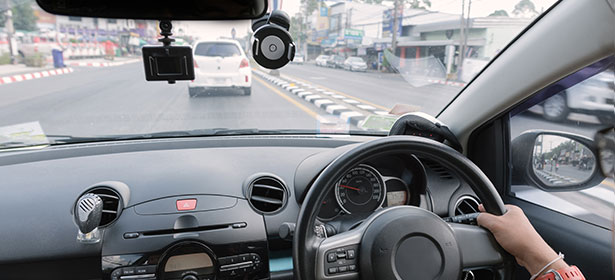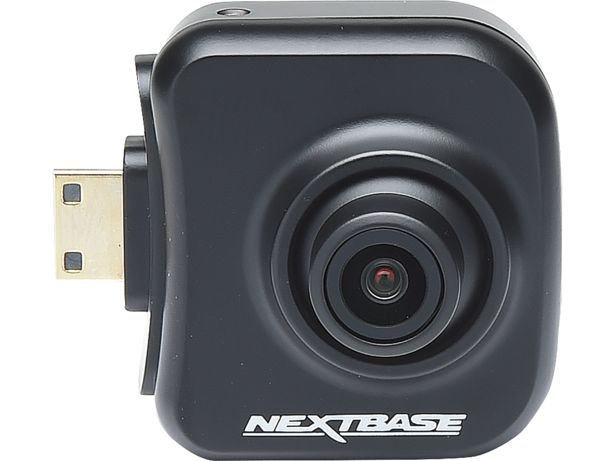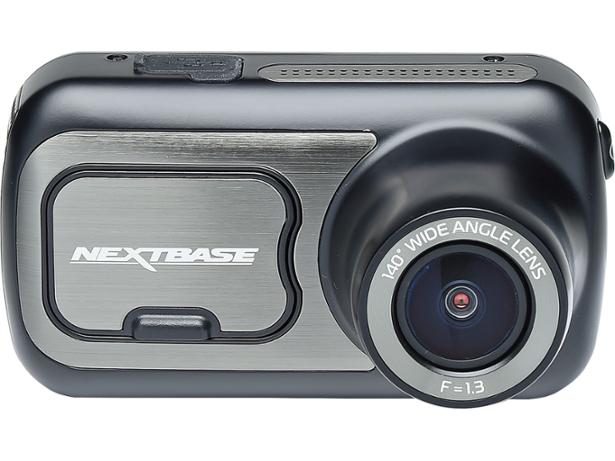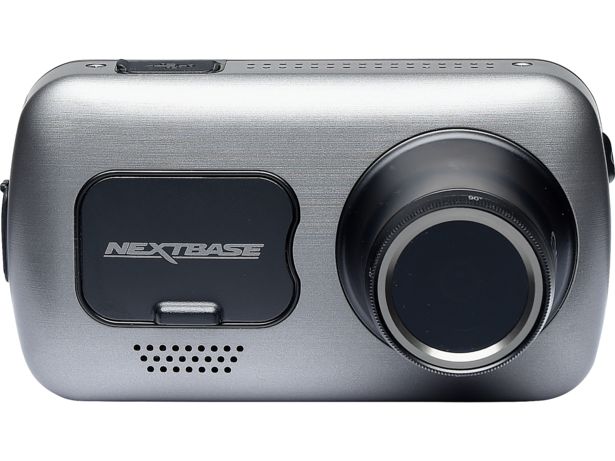Dash cams and the law: what you need to know

In this article
- Are dash cams legal?
- You may be breaking the law if you install your dash cam incorrectly
- Can dash cam footage be used in court?
- If your vehicle is not solely for personal use you must inform others
- Incriminating dash cam footage is a two-way street
- National dash cam safety portal
- Can you use your dash cam when you drive abroad?
We reveal what you need to know about owning and using a dash cam.
Dash cams are talked about in the newspapers, insurers mention them in their T&Cs, and they're even popping up in UK court cases.
But where do dash cams really stand in the eyes of the law? Read on to find out all you need to know.
Already made up your mind to buy one? Jump straight to a shortlist of the best dash cams recommended by Which? experts.
Are dash cams legal?

Yes, dash cams are legal on UK roads.
You don't need any special permission to use them. Simply plug in your dash cam and that's it.
However, there’s more to installing dash cams, so check our guide on how to install one.
You may be breaking the law if you install your dash cam incorrectly
It's extremely important that your dash cam cannot in any way be deemed to be obstructing your field of vision while driving. If the police decide it's positioned unsafely, you could be fined and footage recorded on it could be rendered inadmissible in court.
A spokesperson for the Department for Transport (DfT) told us: ‘Drivers must ensure they have a clear view of the road and traffic ahead at all times. This includes placing smartphones, dash cams or other items in an appropriate position, so they do not restrict their vision.’
The Highway Code states that any obstructions cannot be more than 40mm into the area swept by the windscreen wiper blades.
Failure to have a full view of the road and traffic can result in a fine of up to £1,000 and three penalty points.
Best car phone holders for 2023: discover which models aced our tests
Can dash cam footage be used in court?
Absolutely. Dash cams can provide valuable information in a court case that would otherwise have been left to testimony and conjecture.
You'll often see dash cam footage on local news websites as communities use it to work on tracking down law-breakers. Police have also begun using dash cam footage to help in pleas for witnesses.
Your footage can only be used as evidence if it shows up details such as number plates.
If your vehicle is not solely for personal use you must inform others
If you share your car as a part of a company scheme, for example, you must inform those you share it with of the dash cam's installation.
This is because most dash cams record sound, while others even video record the inside of the vehicle. If someone else who has use of your car is unaware they are being recorded, that is a serious breach of privacy. It's up to you to let them know.
This goes doubly for those in the taxi industry. Cabbies, minicab drivers, coach drivers and the like who choose to use a dash cam must inform every passenger who enters their vehicle that a dash cam is in use, or face potentially harsh legal consequences, especially if the footage is used without consent.
You can purchase sticker signs to place inside the vehicle which will inform anyone entering that the vehicle is fitted with a dash cam.

Incriminating dash cam footage is a two-way street
Most people's prime motive behind picking up a dash cam is to protect themselves legally should something untoward happen. However, you should also beware that the same footage can be used against you.
Should you be pulled over by the police for a motoring violation they can ask you to present your dash cam footage for review. For example, a debate about your speed can be quickly settled by footage from a dash cam with GPS tracking.
Similarly, if you take another motorist to court over an incident, there's nothing to say the judge won't hold your own footage against you should you be in the wrong.
In fact, in February 2024, a trio of drivers were convicted from their own dash cam footage, which showed they were reaching speeds in excess of 100mph.
Deleting your footage could potentially be a serious offence, too, so don't tamper with it if the police confront you.
National dash cam safety portal
The national dash cam safety portal allows owners of any brand of dash cam to submit footage quickly and easily to the relevant authorities.
It was launched in July 2018 by dash cam manufacturer Nextbase, in collaboration with the regional constabularies of England and Wales. To use it:
- The website presents you with a map of England and Wales divided by county
- Click on the county where the incident you wish to report occurred
- It will redirect you to a dedicated report page for the region.
It doesn't have to be anything as serious as a multi-vehicle pile-up or a hit and run - even dangerous driving or excessive speeding can be reported. It shouldn't take you any longer than 20 minutes.
Some local police forces haven't set up their bespoke submission pages yet. In these instances you will be redirected to a page on Nextbase's site that allows you to fill out all the details and log the footage ready to submit when the relevant constabulary has its page up and running.
A word of warning: by using this service you will be filling out an official police report, so you should treat it as such. There's also a very, very small chance that you'll be required to attend a court hearing should it be deemed necessary - but this is only in an extreme minority of cases.
You won't have to surrender your dash cam or hard drive to the police, either, as all they need is a copy of the footage.
Make sure you buy a good dash cam and avoid the worst - see our dash cam reviews.

Can you use your dash cam when you drive abroad?
In some countries there are restrictions on dash cams and/or the video footage you record using one. This is usually due to privacy laws that restrict video or image capture of members of the public without their consent.
So you should check the laws of the country or countries you'll be driving in.
Find out more about how to hire a car abroad.


